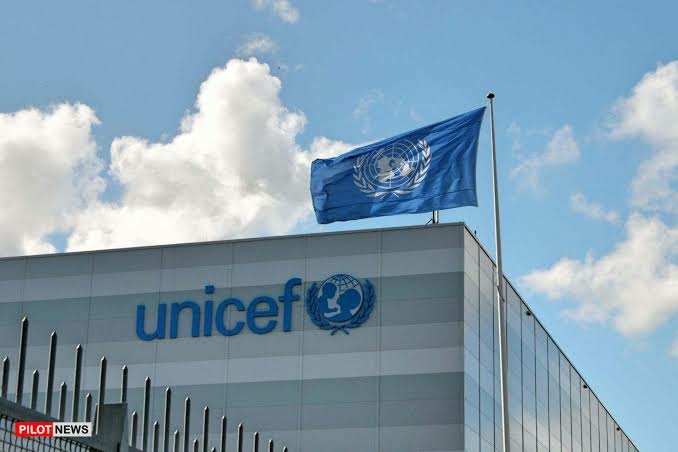UN Children’s Fund (UNICEF) says it is deeply concerned that intensifying hostilities in Ukraine pose an immediate threat to the lives and wellbeing of the country’s 7.5 million children.
UNICEF Executive Director, Ms Catherine Russell on children in Ukraine, said in a statement on Thursday, that heavy weapons fire along the line of contact had already damaged critical water infrastructure and education facilities in recent days.
She said unless the fighting subsides, tens of thousands of families could be displaced, dramatically escalating humanitarian needs.
“UNICEF is working across eastern Ukraine to scale up life-saving programmes for children.
“This includes trucking safe water to conflict-affected areas; prepositioning health, hygiene and emergency education supplies as close as possible to communities near the line of contact.
“The UN agency is working with municipalities to ensure there is immediate help for children and families in need.
“UNICEF-supported mobile teams are also providing psychosocial care to children traumatised by the chronic insecurity.’’
According to her, the past eight years of conflict have inflicted profound and lasting damage to children on both sides of the line of contact. The children of Ukraine need peace desperately now.
The top official echoed the appeal of the Secretary-General Antonio Guterres for an immediate cease-fire and calls on all parties to respect their international obligations to protect children from harm, and to ensure that humanitarian actors can safely and quickly reach children in need.
“UNICEF also calls on all parties to refrain from attacking civilian infrastructure on which children depend – including water and sanitation systems, health facilities and schools,” she said.
Similarly, the UN Humanitarian Coordinator in Ukraine, Osnat Lubrani, expressed the Organisation’s solidarity with the Ukrainian people.
“As we try to understand the evolving situation in different parts of the country… we are here to support the people exhausted by years of conflict.
“We are prepared to respond in case of any increase in humanitarian needs,” she said in a statement.
Lubrani reminded that humanity, neutrality, impartiality and independence were the four principles guiding humanitarian assistance.
“Our aim is always to provide the most vulnerable civilians with critical humanitarian relief supplies and services, regardless of who or where they are,” she assured.
Also expressing its deep concern, the UN Educational, Scientific and Cultural Organisation (UNESCO) called for respect of international humanitarian law.
She said notably, the 1954 Hague Convention for the Protection of Cultural Property in the Event of Armed Conflict and its two Protocols, “to ensure the prevention of damage to cultural heritage in all its forms”.
UNESCO also called for “restraint from attacks on, or harm to, children, teachers, education personnel or schools, and for the right to education to be upheld”.
Also, the World Food Programme (WFP) expressed deep concern “for the impact of hostilities on the lives and livelihoods of civilians.”
“As the situation evolves, there is the need to ensure that affected communities have continued access to any humanitarian support they may require.
“And that the safety of humanitarian staff on the ground is guaranteed,” said WFP Director of Emergencies Margot van der Velden.
Taking to social media, WFP chief David Beasly tweeted “and just when you think it can’t get any worse, the world wakes up to a conflict in Ukraine.”
He pointed out that the military action is likely to cause economic deterioration around the world, especially for countries like Yemen, dependent on wheat imports from Ukraine and Russia.
“Prices will go up compounding an already terrible situation,” he lamented.

















Discussion about this post